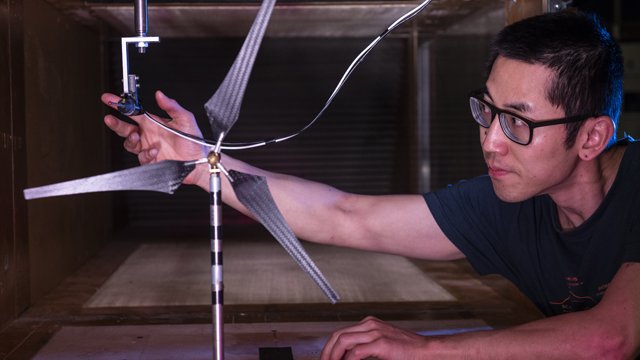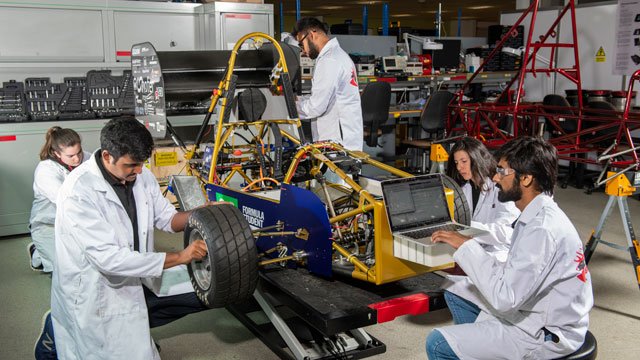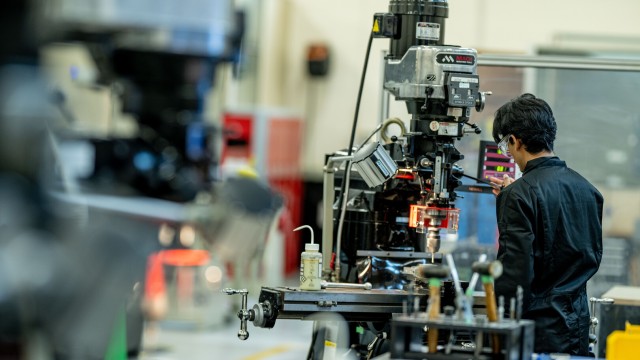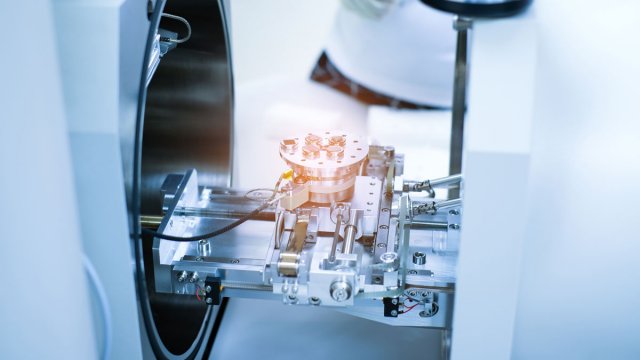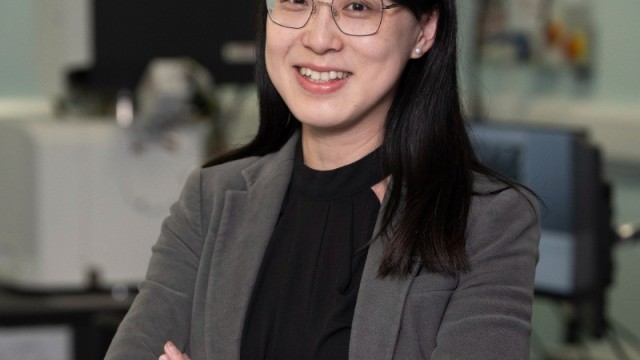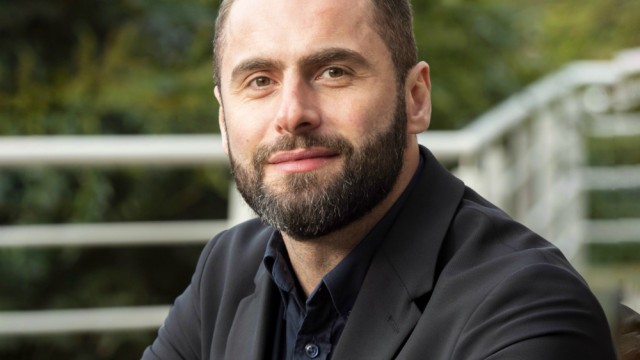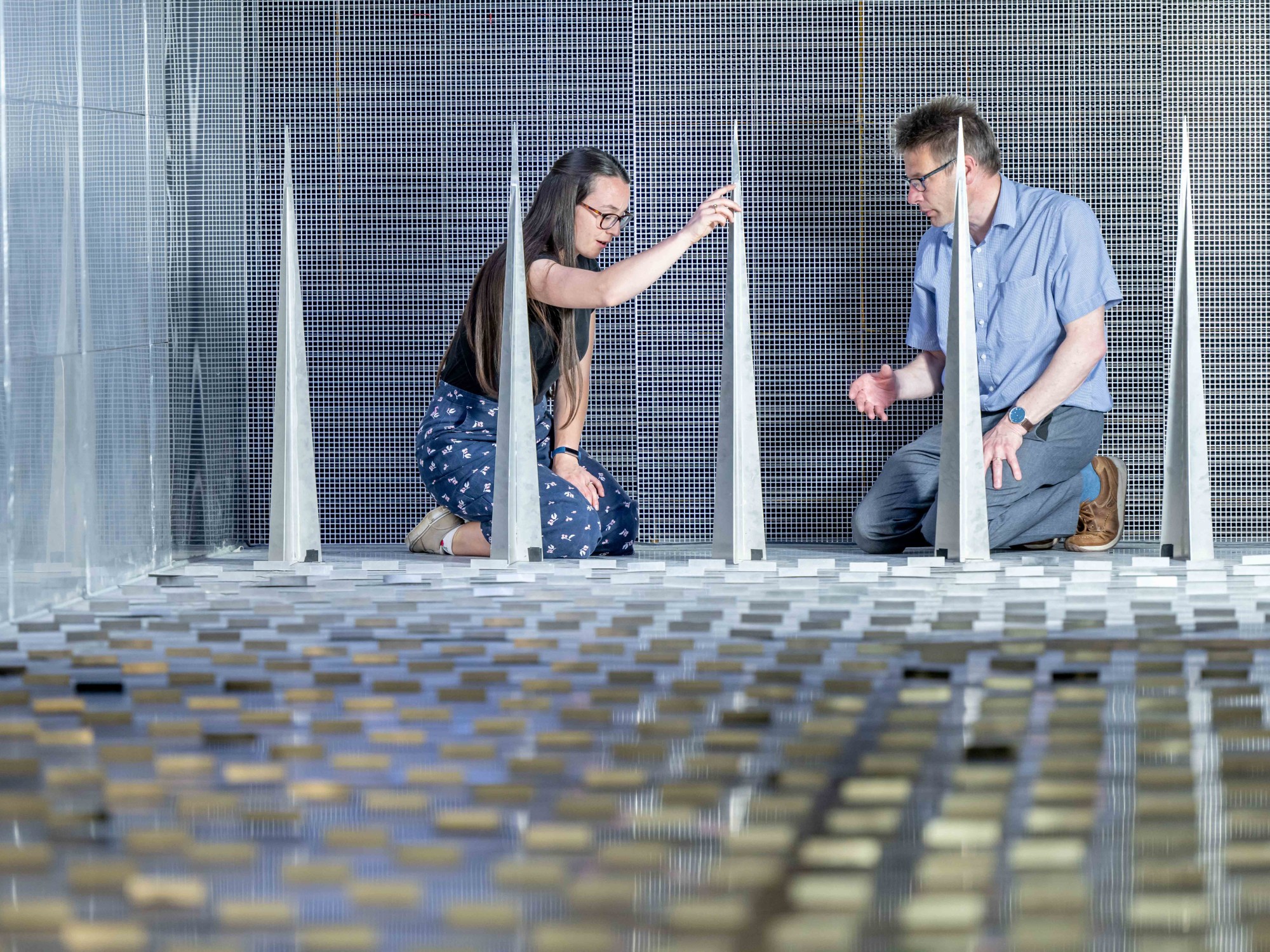
- Aerodynamic and Environmental Flow
PhD Aerodynamic and Environmental Flow
Studying for a PhD in aerodynamics and environmental flow at the University of Surrey means being part of a multidisciplinary research community, where doctoral students come together to work on applied engineering research topics with a direct impact on society.
4,138+ people have created a bespoke digital prospectus
Why choose this
programme?
Our Centre for Aerodynamics and Environmental Flow conducts world-class research in experimental and computational fluid dynamics, with a leading global output in computational fluid mechanics, environmental fluid mechanics, turbomachinery and wind energy. We also host the Environmental Flow (EnFlo) Atmospheric Wind Tunnel, which is part of both the Atmospheric Measurement and Observation Facility and the National Wind Tunnel Facility. It is the only wind tunnel in the UK capable of reproducing the speed, temperature and turbulence conditions in the Earth’s atmosphere.
Our researchers also regularly collaborate with key players in industry, including QinetiQ, Rolls-Royce, the Defence Science and Technology Laboratory (Dstl) and Jaguar Land Rover. We also host the Rolls-Royce University Technology Centre in Thermo-Fluid Systems.
Statistics
100%
Of our mechanical sciences research graduates are in employment or further study within 15 months of graduating (Graduate Outcomes 2025, HESA)
Top 15 for research power
The University of Surrey ranks 15th in the UK for research power for engineering (REF 2021)
Top 20 for research outputs
The University of Surrey ranks top 20 in the UK for the overall quality of our research outputs (REF 2021)
What you will study
Our Aerodynamic and Environmental Flow PhD will give you the knowledge, skills and expertise needed for a career in engineering, research or academia. You’ll be intellectually challenged, develop research and management skills, and become an expert in your chosen field of study.
It normally takes around three years to complete a full-time PhD. You’ll be assigned a minimum of two supervisors, who’ll guide you through your studies. You’ll learn how to conduct literature reviews, how to develop your ideas and verify them with experiments, and how to collaborate and perform interdisciplinary research. You will develop your skills over time to become an independent researcher.
Assessment
Your final assessment will be based on the presentation of your research in a written thesis, which will be discussed in a viva examination with at least two examiners.
You have the option of preparing your thesis as a monograph (one large volume in chapter form) or in publication format (including chapters written for publication), subject to the approval of your supervisors.
Location
This course is based at Stag Hill campus. Stag Hill is the University's main campus and where the majority of our courses are taught.
Research themes
- Aerodynamics and environmental flow
- Flow measurement and instrumentation
- Computational fluid mechanics
- Environmental fluid mechanics
- Turbomachinery
- Wind energy.
Research centres
Dr Tan Sui and Dr Dan Bompa are your course supervisors. See a full list of all our academic staff within the School of Engineering.
Research support
The professional development of postgraduate researchers is supported by the Doctoral College, which provides training in essential skills through its Researcher Development Programme of workshops, mentoring and coaching. A dedicated postgraduate careers and employability team will help you prepare for a successful career after the completion of your PhD.
Facilities
As a PhD student within the School of Engineering, you’ll have access to all our analysis and testing facilities. These include:
- Environmental Flow (EnFlo) laboratory
- Fluid dynamics supercomputer cluster
- Gait laboratory
- Hardware-in-the-loop testing facilities for vehicles
- Mechanical testing facilities
- MicroStructural Studies Unit
- Surface Analysis laboratory.
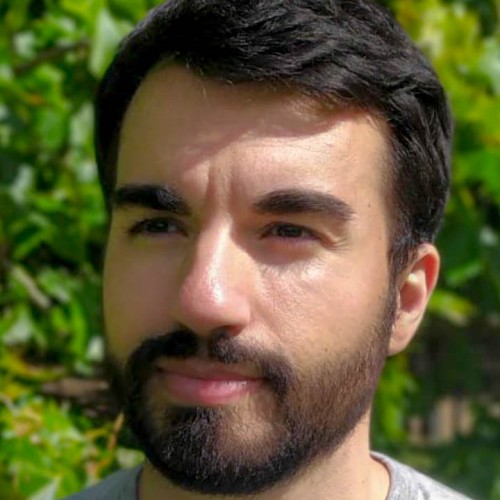
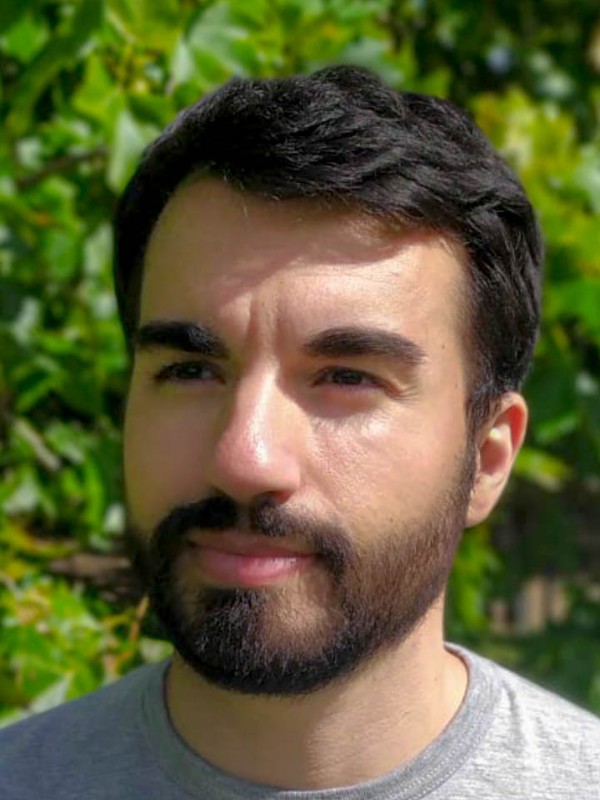
Alejandro Pozo Domínguez
Student - Aerodynamic and Environmental Flow PhD

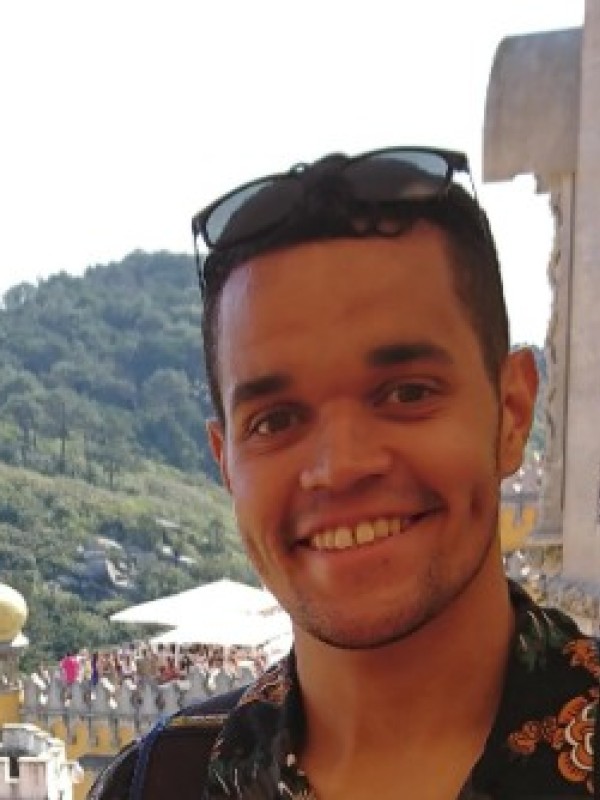
Simon Noel
Student - Aerodynamic and Environmental Flow PhD
UK qualifications
Applicants are expected to hold a first or upper second-class (2:1) UK degree in a relevant discipline (or equivalent overseas qualification), or a lower-second (2:2) UK degree plus a good UK masters degree - distinction normally required (or equivalent overseas qualification).
English language requirements
IELTS Academic: 6.5 or above (or equivalent) with 6.0 in each individual category.
These are the English language qualifications and levels that we can accept.
If you do not currently meet the level required for your programme, we offer intensive pre-sessional English language courses, designed to take you to the level of English ability and skill required for your studies here.
Selection process
Selection is based on applicants:
- Meeting the expected entry requirements and providing all relevant documents including a satisfactory research proposal
- Being shortlisted through the application screening process
- Completing a successful interview
- Providing suitable references.
Fees per year
Explore UKCISA's website for more information if you are unsure whether you are a UK or overseas student. View the list of fees for all postgraduate research courses.
* Please note: any start date other than September will attract a pro-rata fee for that year of entry (75 per cent for January, 50 per cent for April and 25 per cent for July).
July 2026 - Full-time
- UK
- £5,006
- Overseas
- £27,200
July 2026 - Part-time
- UK
- £2,503
- Overseas
- £13,600
October 2026 - Full-time
- UK
- £5,238
- Overseas
- £28,300
October 2026 - Part-time
- UK
- £2,619
- Overseas
- £14,200
January 2027 - Full-time
- UK
- £5,238
- Overseas
- £28,300
January 2027 - Part-time
- UK
- £2,619
- Overseas
- £14,200
April 2027 - Full-time
- UK
- £5,238
- Overseas
- £28,300
April 2027 - Part-time
- UK
- £2,619
- Overseas
- £14,200
- Annual fees will increase by 4% for each year of study, rounded up to the nearest £100 (subject to legal requirements).
Additional costs
There are additional costs that you can expect to incur when studying at Surrey.
Funding
A Postgraduate Doctoral Loan can help with course fees and living costs while you study a postgraduate doctoral course.
Application process
Applicants should contact potential supervisors before submitting an application via the website. Please refer to section two of our application guidance.
Apply online
To apply online first select the course you'd like to apply for then log in.
Select your course
Choose the course option you wish to apply for.
Sign in
Create an account and sign into our application portal.
The closing date is the last day this month is available for applications, but if you are applying through a studentship you must follow the deadline on the advert to be eligible.
ApplyThe closing date is the last day this month is available for applications, but if you are applying through a studentship you must follow the deadline on the advert to be eligible.
ApplyThe closing date is the last day this month is available for applications, but if you are applying through a studentship you must follow the deadline on the advert to be eligible.
ApplyThe closing date is the last day this month is available for applications, but if you are applying through a studentship you must follow the deadline on the advert to be eligible.
ApplyThe closing date is the last day this month is available for applications, but if you are applying through a studentship you must follow the deadline on the advert to be eligible.
ApplyThe closing date is the last day this month is available for applications, but if you are applying through a studentship you must follow the deadline on the advert to be eligible.
ApplyThe closing date is the last day this month is available for applications, but if you are applying through a studentship you must follow the deadline on the advert to be eligible.
ApplyThe closing date is the last day this month is available for applications, but if you are applying through a studentship you must follow the deadline on the advert to be eligible.
ApplyAfter registration
Students are initially registered for a PhD with probationary status and, subject to satisfactory progress, subsequently confirmed as having PhD status.
About the University of Surrey
Need more information?
Contact our Admissions team or talk to a current University of Surrey student online.
Code of practice for research degrees
Surrey’s postgraduate research code of practice sets out the University's policy and procedural framework relating to research degrees. The code defines a set of standard procedures and specific responsibilities covering the academic supervision, administration and assessment of research degrees for all faculties within the University.
Download the code of practice for postgraduate research admissions (PDF).
Terms and conditions
When you accept an offer to study at the University of Surrey, you are agreeing to follow our policies and procedures, student regulations, and terms and conditions.
We provide these terms and conditions at the offer stage and are shown again at registration. You will be asked to accept these terms and conditions when you accept the offer made to you.
View our generic registration terms and conditions (PDF) for the 2025/26 academic year, as a guide on what to expect.
Disclaimer
This online prospectus has been published in advance of the academic year to which it applies.
Whilst we have done everything possible to ensure this information is accurate, some changes may happen between publishing and the start of the course.
It is important to check this website for any updates before you apply for a course with us. Read our full disclaimer.
